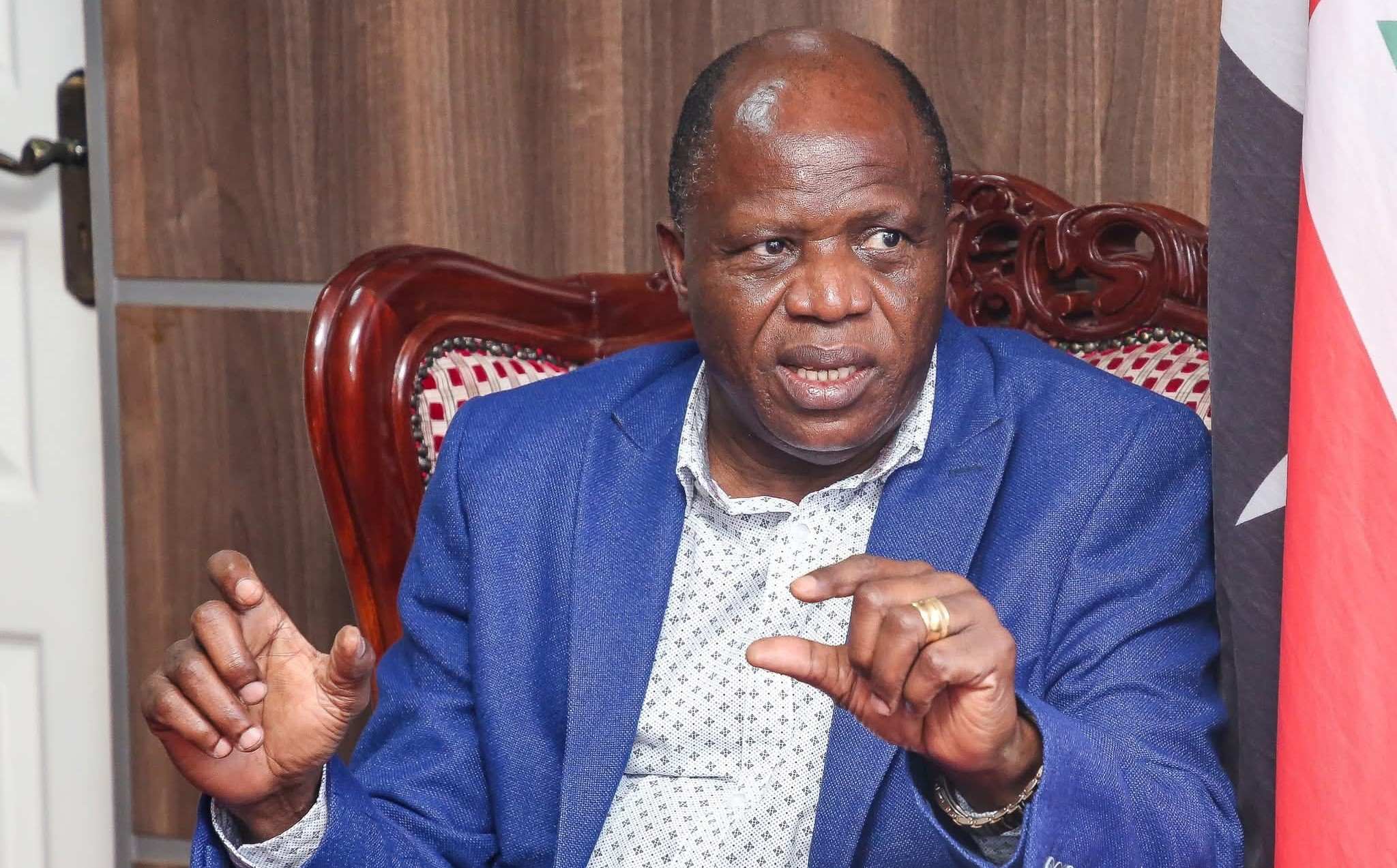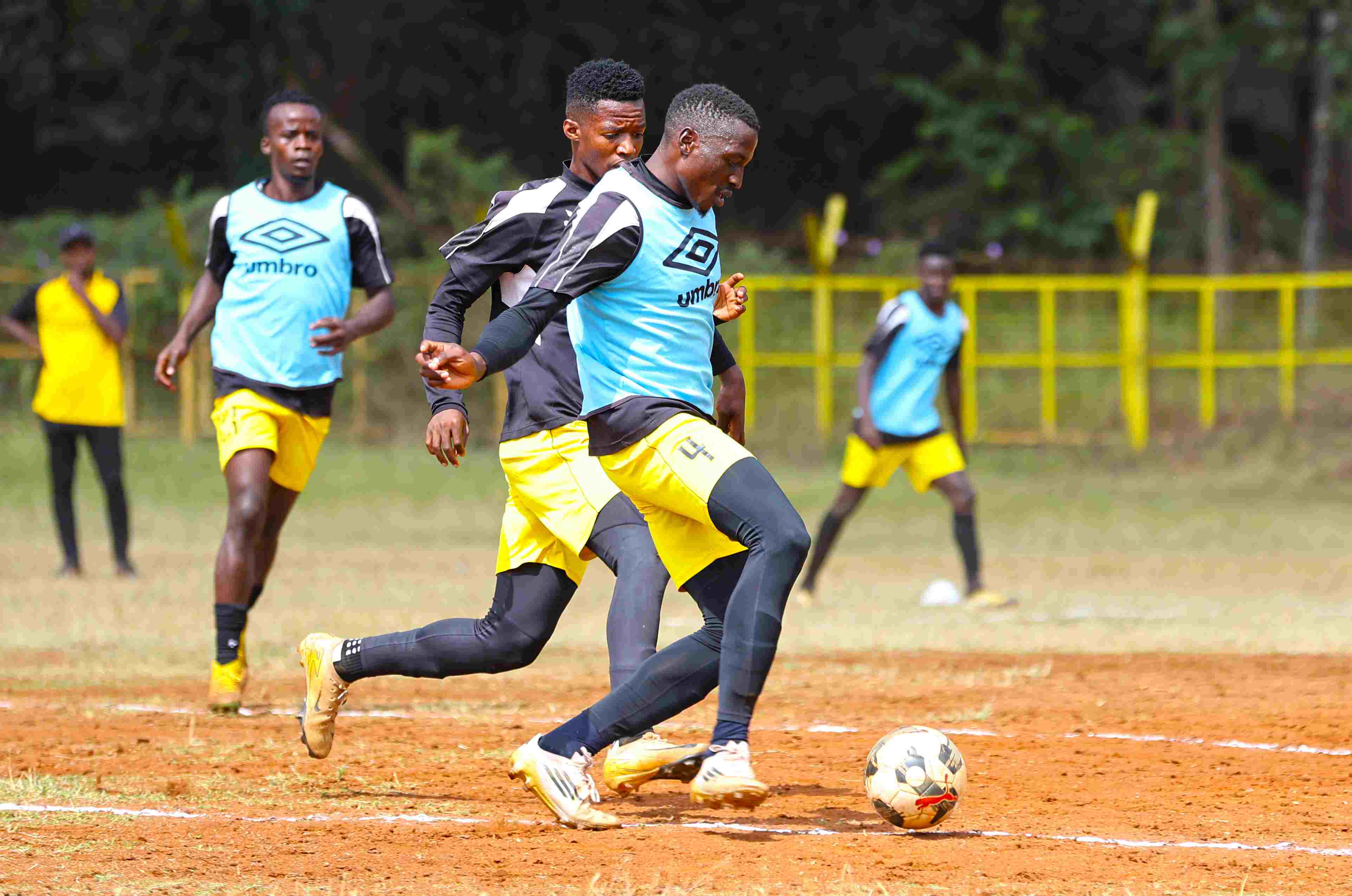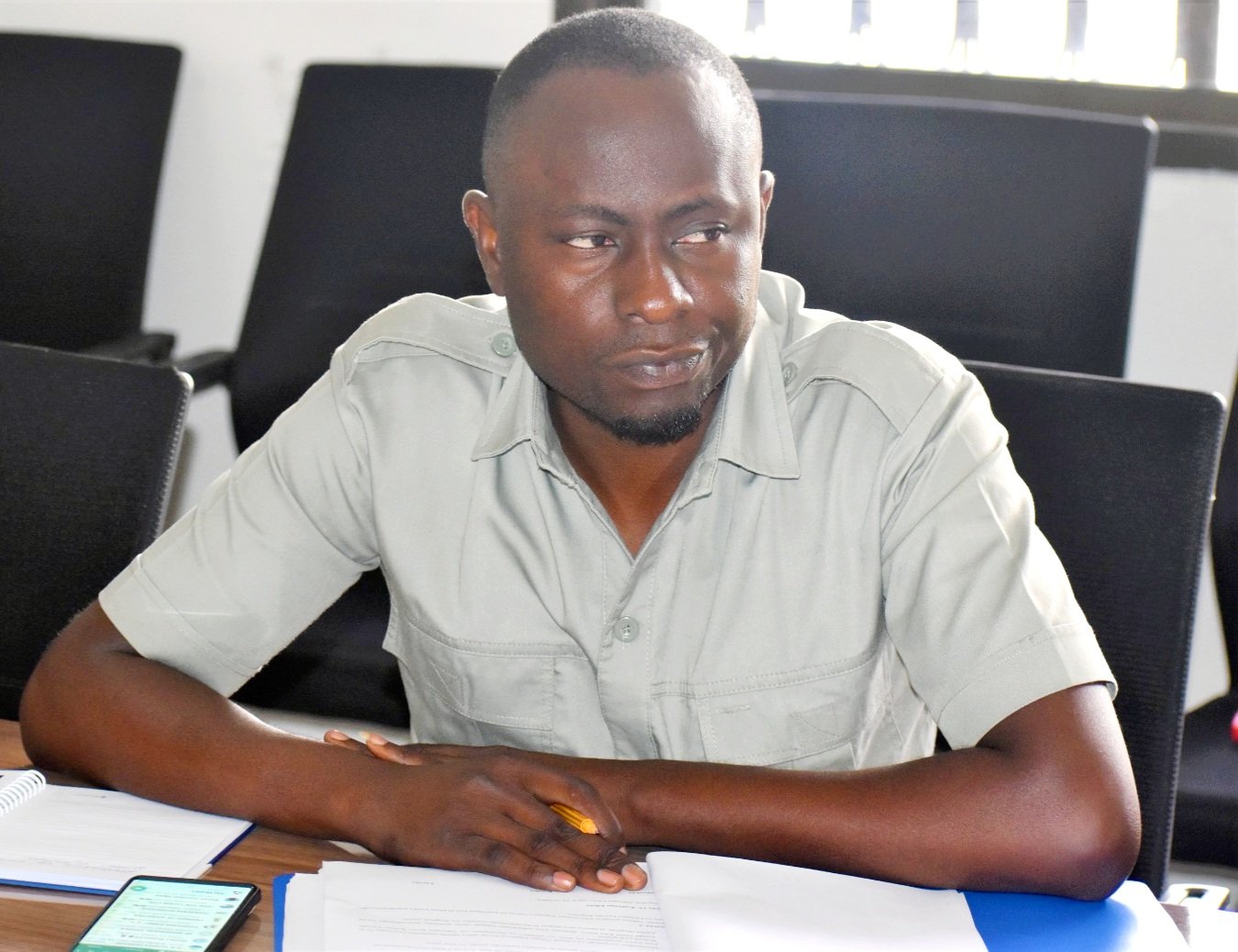Leaders ask CJ Martha Koome to build more courts in north eastern region

Wajir South MP Mohammed Adow and his Mandera South counterpart Abdul Haro say the neglect of the region in almost all spheres makes it difficult for the residents to access Judiciary services.
In May this year, Chief Justice Martha Koome gazetted the establishment of the Masalani Magistrate's Court, which will be under the supervision of the Garissa High Court.
Koome’s decision was a big relief to thousands of residents of Ijara Constituency who had resorted to alternative justice mechanisms that sometimes did not favour victims.
More To Read
- Explainer: How courts operate when the judiciary goes on recess
- Lawyer petitions CJ Koome to lift restrictions on e-filing system, cites rights violations
- Senator Sigei urges state agencies to share responsibility for protecting human rights
- Court to hear petition challenging eligibility of Embu North MP Leo Wa Muthende
- Chief Justice Koome calls for stronger East Africa judicial collaboration
- CJ Koome urges contextual enforcement of Marriage Act, stronger family justice system
The Eastleigh Voice spoke to some leaders from northern Kenya who pleaded with the Judiciary to build more courts in the region to help residents access justice easily.
Wajir South MP Mohammed Adow and his Mandera South counterpart Abdul Haro say the neglect of the region in almost all spheres makes it difficult for the residents to access Judiciary services easily like other Kenyans.
"The region is so vast. Among our requests to Martha Koome is the building of courts in the region so that Kenyans from that part of the country can also access justice," said Mohammed.
Mohammed, in a letter addressed to the Chief Registrar of the Judiciary, requested the Judiciary to establish courts in Byamathow and Diff towns within Wajir South Constituency.
"Wajir South, with an estimated area of 22,000 square kilometres, is the second largest constituency in the country by size and has a significant population. Despite its vastness and growing population, the administration of justice remains concentrated far away in Wajir town, a location that poses considerable challenges to accessibility for most of my constituents," read the letter seen by The Eastleigh Voice.
Delayed justice
The MP notes that the absence of courts in the mentioned areas has led to delayed justice.
"The burden on the existing court in Wajir town results in prolonged case resolution times, denying many the fundamental rights to timely justice," he said.
On his part, Abdul said the vastness of the constituencies in northern Kenya is a matter that must not be ignored if equity and fairness in the distribution of national resources and state services are to be factored in.
"Our constituencies are so big, yet we are the most starved people when it comes to resource allocation. We want to see more courts built in urban centres within the region to help our people access services," Abdul said.
In Ijara, the Judiciary will build a court in Masalani township, bringing relief to a community grappling with long-distance travel and other key issues in the pursuit of justice.
Ijara MP Abdi Ali Abdi celebrated the announcement, saying his push to have the court established there followed several petitions to the Judiciary.
"The establishment of the Masalani Magistrate’s Court was necessitated by the daily growing population of my constituency, the long distance to the nearest court, and the poor transport network," he said.
The lawmaker had written to the Office of the Chief Registrar of the Judiciary, saying his constituents were disadvantaged by the long distances they travelled for court services.
He pleaded for a court in Masalani, the constituency headquarters, noting that it was convenient for Ijara and all neighbouring counties.
"I affirm my willingness to give all necessary support to your office as we take services closer to our people," he said.
Other court stations will be established in Sigor and Konyao in Kapenguria, and Lokichar, under Lodwar.
Cases backlog
The Chief Justice has been urging the government to prioritise increasing funding for the Judiciary during budget-making to end problems contributing to the backlog of cases.
The Judiciary has faced challenges including a lack of enough courts, with some officers forced to work in shifts, which has delayed the hearing and determination of cases.
In areas that have no courts, residents have turned to informal justice systems, such as customary and traditional dispute resolution mechanisms, which are often more accessible and affordable than formal justice systems.
A 'Justice Needs and Satisfaction Survey' that the Judiciary conducted in 2017, showed that only 10 per cent of those with justice needs use formal justice institutions to solve their legal problems. However, these systems need strengthening to ensure fairness and alignment with human rights standards.
Top Stories Today














































